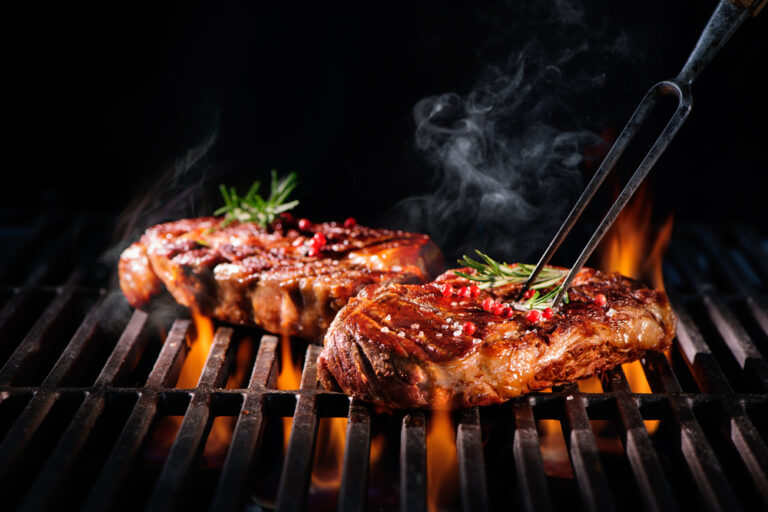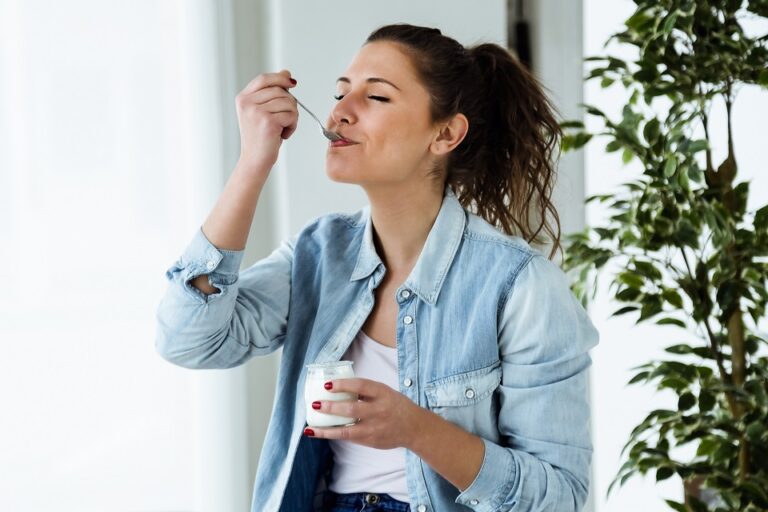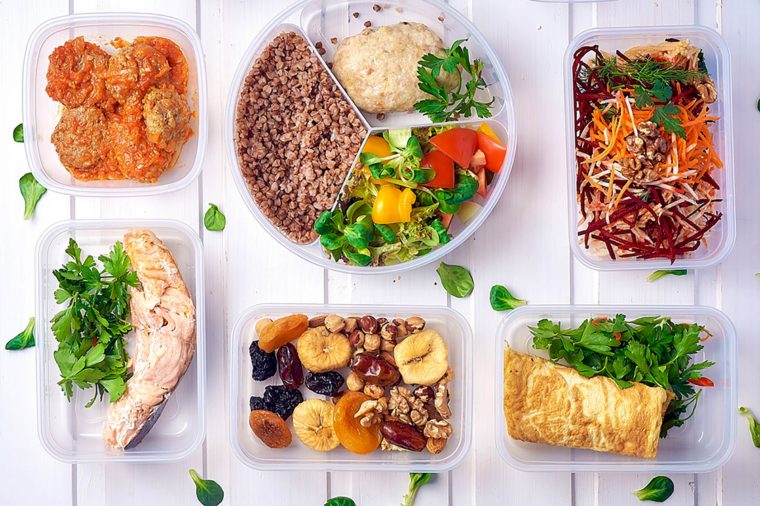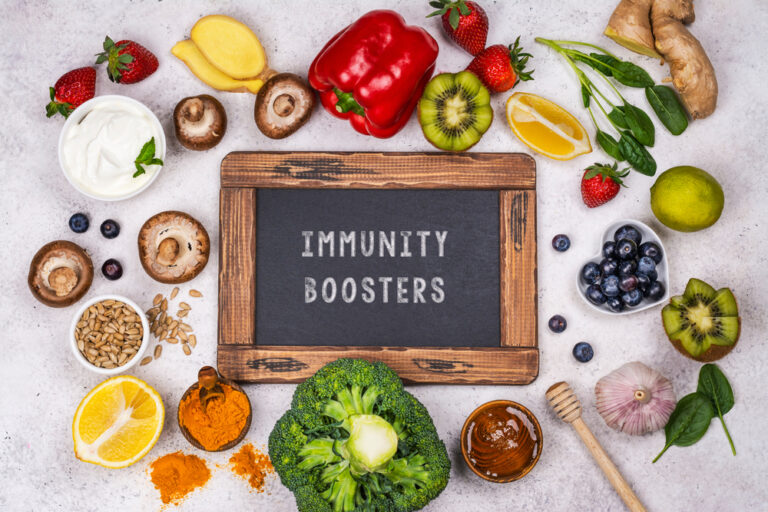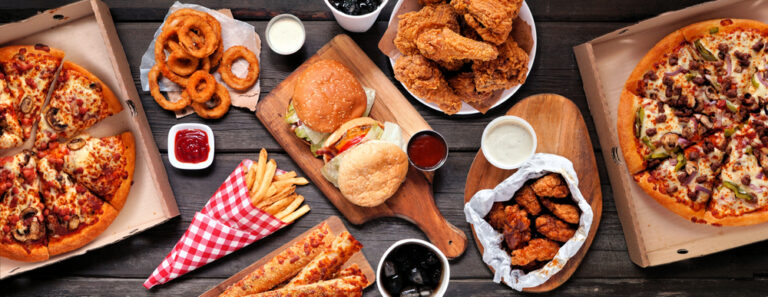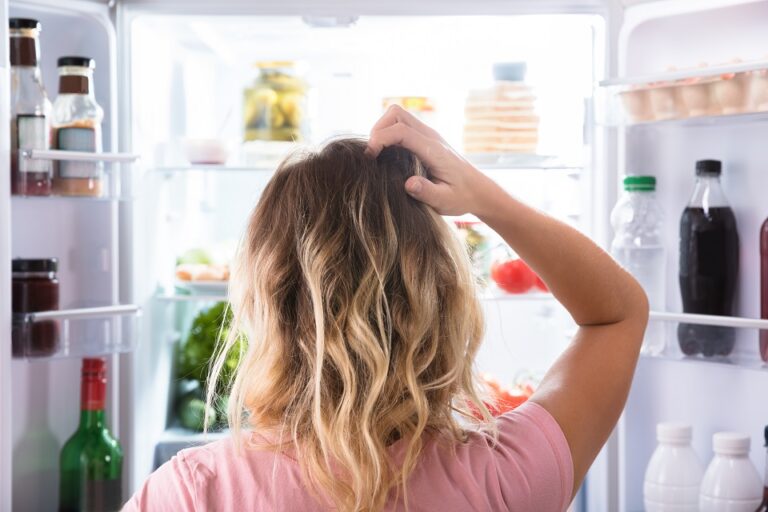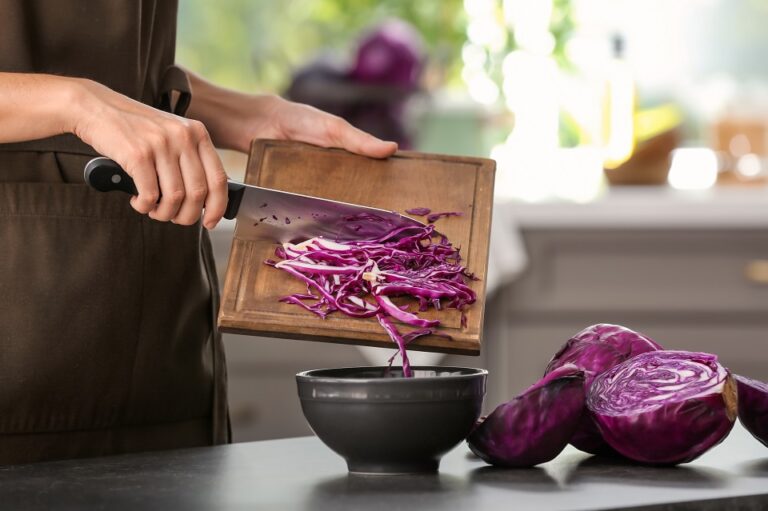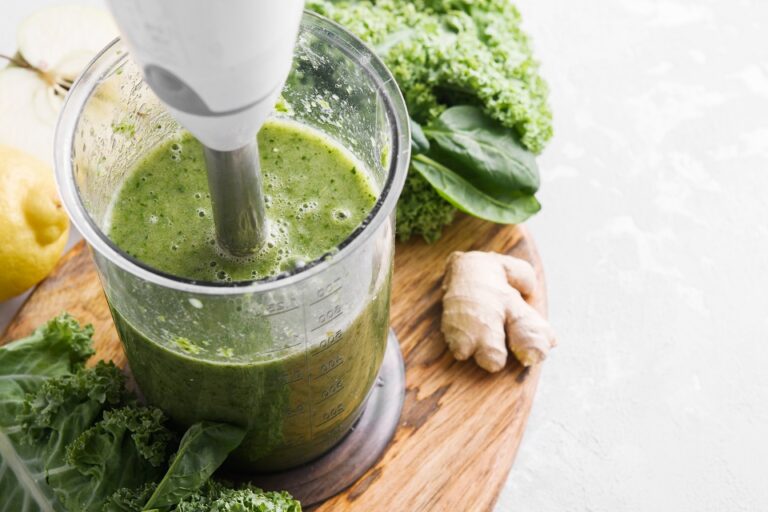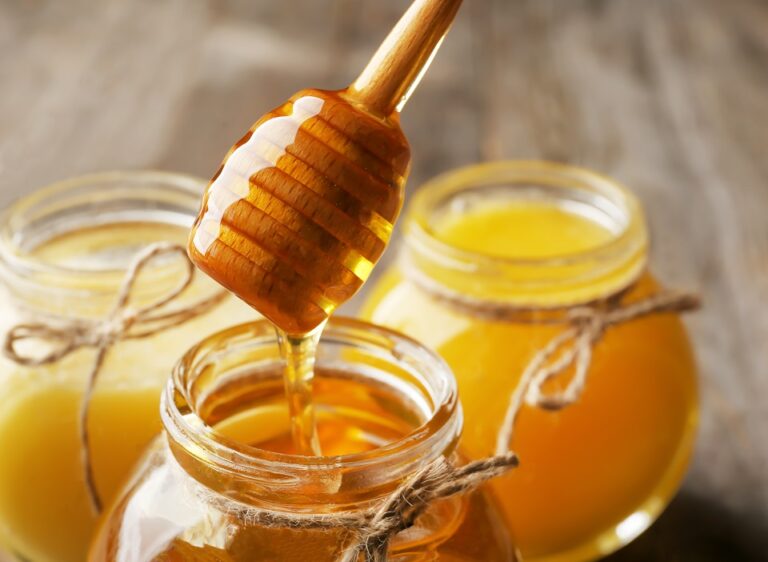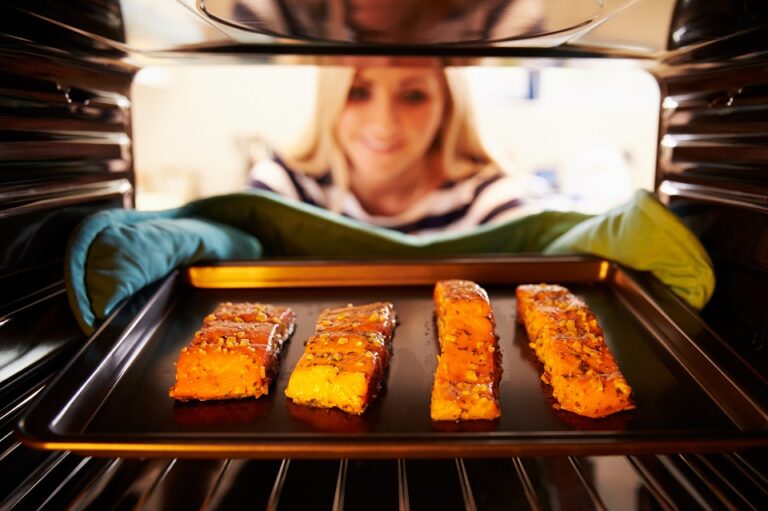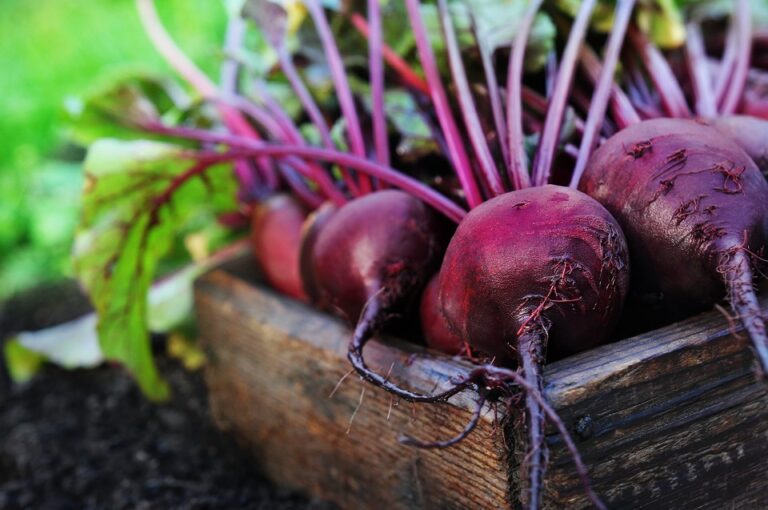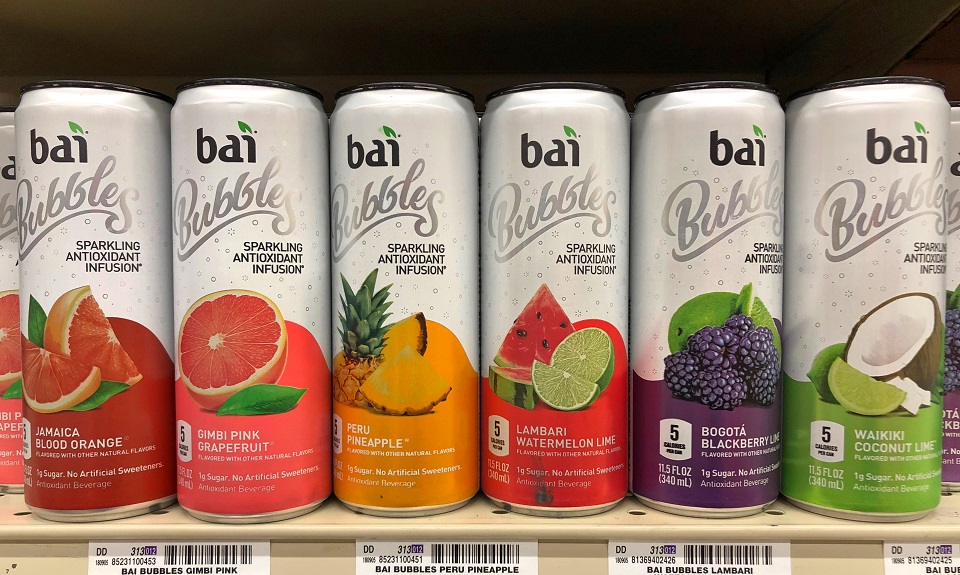
6. Energy drinks
If you haven’t noticed yet, not all energy drinks have the word “energy” in their names. But most of them contain caffeine. “A fellow dietitian tried Bai for the first time and couldn’t figure out why she was up all night,” says Colleen Wysocki, a registered dietitian nutritionist in Capitola, California.
In a 16-ounce bottle of Bai, you get 70 milligrams of caffeine. “This can definitely take someone by surprise if she drinks the entire bottle,” notes Wysocki. The caffeine comes from coffee fruit extract and white tea extract.
“You get the caffeine equivalent of two cups of black tea or a cup of instant coffee,” adds Lauren Harris-Pincus, registered dietitian and author of The Protein-Packed Breakfast Club.
And in V8+Energy, you actually get a combo of vegetable juice, fruit juice, B vitamins—and, of course caffeine. The caffeine is from black and green tea. “An 8-ounce can actually has less caffeine than a typical cup of coffee, 80 milligrams, an amount that’s not so crazy,” says Rosanne Rust, RD, a registered dietitian in Meadville, Pennsylvania.
Next time you go shopping, remember that the typical energy drink can contain up to 200 milligrams caffeine per can.


